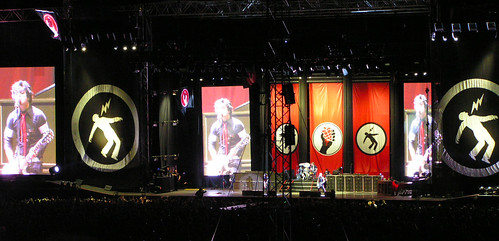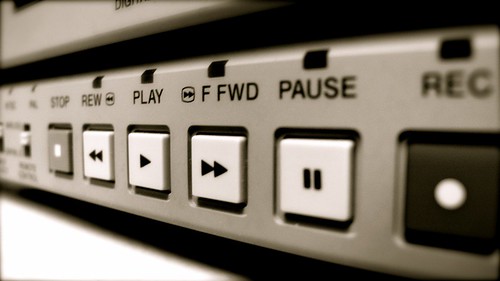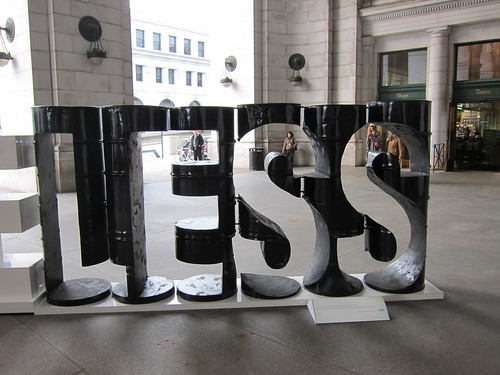I’ll admit it, I’ve been neglecting just about every part of my blogging and online world for the last six weeks.
I’m not sharing the same amount of great content I normally share on Twitter, I’m not working to create kick-ass videos on YouTube, I missed an entire week of blogging last week and Saturday was the first time I’d managed to ping an email to my mailing list in over a month.
I’ve been pretty rubbish, all told.
And all in the process of building up to a book launch that should have seen me prepared with a detailed plan and strategy as we raced towards publishing date. Being out of touch with the people who like to read my stuff is pretty spectacularly counter-productive.
But – and here’s the rub – this has been one of the most valuable periods of my life. Why? Let me tell you.
The Lessons
I’ve learned a huge amount about myself and about you, dear readers. Or rather, those people across all platforms who interact with my by reading, talking and sharing my stuff.
Let’s go through them one-by-one.
1. I can’t do it all
Much as I may want to, I can’t commit myself to multiple projects at the same time and expect to get anywhere near decent results.
I used to tackle a million projects and wonder why I never seemed to ship. As a freelancer, I’d work from my study at home and have 4 different windows open on 4 different projects and wonder why nothing was getting done despite how hard I was working on it all.
Now that I’m in the office 9-5(ish) with World Vision, my project focus has had to change. I’ve had to get more organised both at work and at home. At work, I can stay across my workload perfectly well, but juggling multiple projects at home just isn’t happening. I’m too tired and my mind is too taxed during the day to keep that many things going.
Which means I need to pick my projects more carefully and choose where my focus will rest from day-to-day and week-to-week.
2. Prioritising is easy with limited energy
I used to be terrible at prioritising. I’d work all hours to get everything done and end up achieving very little, losing a huge amount of time to procrastination.
Now my job taxes me so much during the day that my energy for my own projects in the evenings and at the weekends is severely limited and I know I can’t tackle everything (see Lesson 1!).
The tiredness and lack of brain-power makes prioritising easy now; if I only have the energy to focus on one or two things (checking and responding to project-based emails and writing this blog post, for example), then that’s what gets focused on – that becomes the priority.
3. I’m capable of more than I thought
Including change.
After my first two weeks at World Vision, I began to fear that I wouldn’t have the energy to do my job properly, let alone keep my own stuff ticking over in the background.
As the weeks have gone on my body has got more and more used to the early mornings and long(er) days and I’ve learned how to manage my energy throughout the day to give me enough left in the tank to cook a healthy meal in the evening (as opposed to junky take-out) and get some of my To Do list done.
It’s been a real adaptation process after almost 5 years of freelance employment to suddenly be an employee again, but the fact that I’ve managed to adapt and grow into my role and my desires to do more outside of work has shown me that you really can have the best of both worlds if you want it.
4. There is too much crap on the internet
I know, it’s pretty obvious, right? But I used to think it was utterly imperative to my personal and professional development that I read all of the 100’s of blogs and articles that people shared on social media or that dropped into my RSS reader.
Without the time to sit and procrastinate while reading through my Google Reader list, I’ve grown to understand that I can cope without reading absolutely everything. I know my job, I know my industry and I know that I’m good at what I do. I don’t need to read a repetitive series of articles about the best use of Twitter for burger companies; I only need to read the things that either truly inform or inspire me.
That’s it.
5. I care less
Not about everything. Not about most things, in fact. Working for an organisation like World Vision means I understand so much more of the poverty and hardship in the world – things that I’m blessed not to be directly affected by, but that I care more deeply about than ever before.
What I care less about is the frivolous things like how people see me, what people thing of the things that I write or share.
I used to be so caught up in whether or not people liked me or cared about what I wrote that I was scared to voice opinions that I thought people might disagree with.
Now I’ve learned that you can’t please all of the people all of the time and there are some people you just can’t please at all. No matter what you do, that won’t change, so all I can do is try to create stuff that I like and work on the basis that some other people might like it, too.
What you can take from this
Frankly, whatever you want.
I’m no sage, no guru, no master of all that is wise.
I’m not here to tell you how to live your life, how to make yourself better or how to do everything you ever wanted. I’m here to tell my story, my way, in my words and if you like it, learn from it and value it, read on. If not then, hey, it’s cool, no worries – go find what you’re looking for elsewhere.
No grudges, no hard-feelings, no ill-will. Just an understanding that I’d rather you didn’t spend what little time we all have reading a blog that doesn’t add value than reading me just for the sake of making me feel better.
I love to learn and I love what I’m doing with my life; I hope you can all say the same.
*****
Do you want to receive randomly-spaced emails each week or month? Sign up to the SmileThroughIt newsletter right here and I’ll endeavour to keep you entertained with exclusive content away from the blog, absolutely free. Keep smiling!






